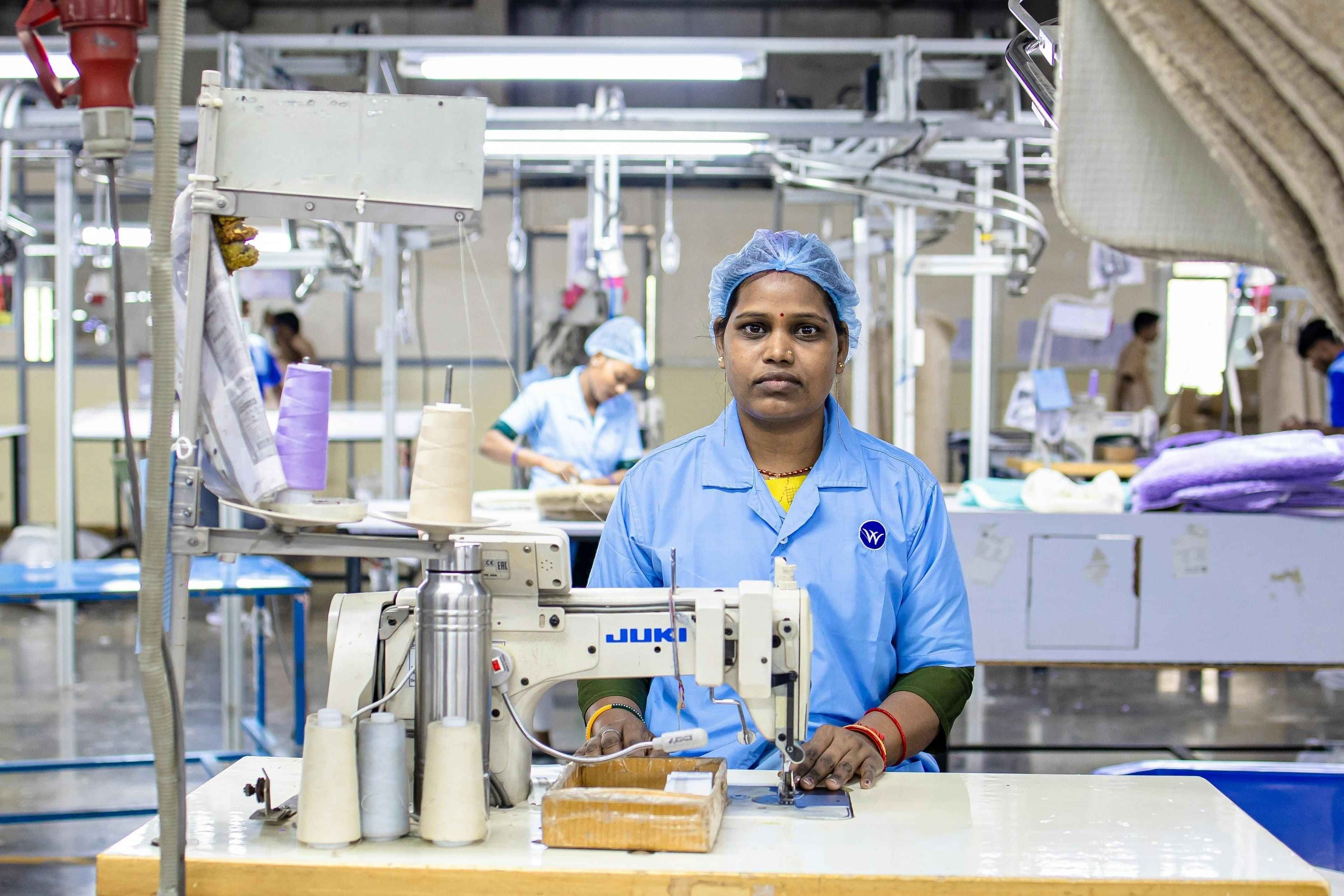Threadneedle Collaboration is a new initiative
that puts workers at the centre of efforts to improve labour standards in Bangladesh's garment sector.
What we do....

We identify the problem
We address harmful purchasing practices and the root causes that allow exploitation to exist.

We engage key actors
We put workers at the centre of enforceable brand agreements through a proven Worker-driven Social Responsibility (WSR) model.

We demonstrate what's possible
We show how this worker-led WSR approach can improve labour standards and strengthen supply chain resilience.
Why do we need WSR?
Despite good intentions, traditional Corporate Social Responsibility (CSR) approaches have failed to address the root
causes of exploitation.
Research from Stanford, Yale, and Harvard has shown that CSR, social audits and third-party certifications typically sideline workers, offer unclear benefits for suppliers, and increase compliance costs without delivering real change. These models too often create the illusion of progress, fuelling complacency and undermining real reform.
In response to these failings, the Worker-driven Social Responsibility model has emerged as an effective way of protecting workers rights within global supply chains.
